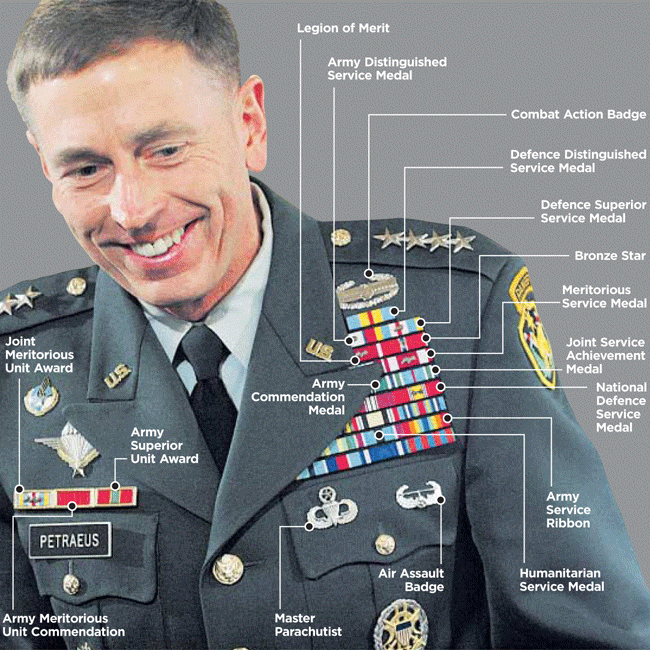The new poster child for the CIA’s double standard is none other than former CIA director General David Howell Petraeus, who escaped a jail sentence despite providing eight notebooks of highly classified information, including names of covert operatives, to his biographer-mistress Paula Broadwell. The fact that he lied to the FBI about providing classified information to his mistress should have meant an automatic prison sentence. In 1991, I was questioned by the FBI regarding Robert Gates‘ role in Iran-Contra, and it was made clear at the outset that the “truth and the whole truth” carried a special meaning for the FBI.
General Petraeus presumably understood this as well, but in a miscarriage of justice that my good friend Ray McGovern termed “too big to jail,” the general was given a misdemeanor wrist-slap and a $40,000 fine, which the general can more than cover with one of his public speaking fees. McGovern, a CIA veteran and well-known dissident, was jailed for merely trying to get into a speaking event featuring General Petraeus at the 92nd Street YMHA in New York City on the eve of Halloween in 2014. McGovern was denied entrance to the YMHA despite having a ticket to the event, but New York’s finest were summoned and McGovern was dragged away and spent the night in jail. It is reasonable to assume that the government’s monitoring of McGovern’s Internet activity, which included the purchase of the ticket to the event, led to the encounter at the Y.
There is nothing new here, however. Former CIA director John Deutch placed the most sensitive operational materials of the CIA on his home computer, which was also used to access pornographic sites among other things. Like Petraeus, Deutch agreed to plead guilty to one misdemeanor charge and was assessed a modest $5,000 fine. Before the prosecutors could file the papers to federal court, President Bill Clinton pardoned Deutch on his last day in office, which contributed to his presidential sobriquet of “Slick Willie.” Clinton’s national security adviser Samuel Berger similarly pled guilty to a misdemeanor charge and received a $10,000 fine for stuffing into his pants classified documents from the National Archives in 2005.
Several years later, Attorney General Alberto R. Gonzales was not even charged–merely admonished–for keeping sensitive information about the NSA’s surveillance program at home. Meanwhile, NSA official Tom Drake was charged with violations under the Espionage Act for dealing with unclassified information. Other NSA officials were also harassed by the government for the handling of unclassified information and one of them, Edward Loomis, faced a one-year government review of his book on NSA transgressions.

